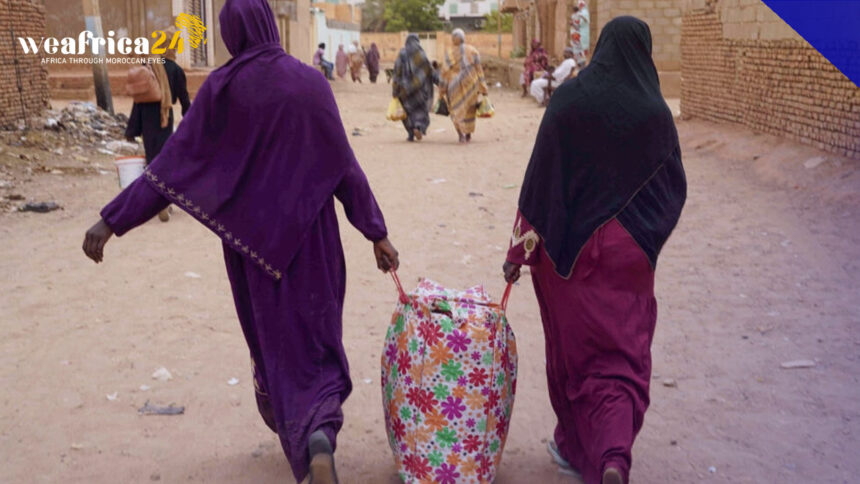In the ongoing conflict in Sudan, paramilitary forces engaged in warfare against the army have recently seized control of Wad Madani, the capital of the al-Jazira state, marking a strategic gain that could potentially extend their influence over the entire eastern region of Sudan.
The escalating violence has raised alarming humanitarian concerns, with 90% of the victims identified as civilians rather than military personnel. The International Rescue Committee (IRC) identifies Sudan as one of the top 20 countries worldwide at risk of deteriorating humanitarian conditions in 2024.
Capture of Wad Madani
In a recent announcement, Mohamad Hamdane Daglo, leader of the Rapid Support Forces (FSR), declared the capture of Wad Madani. The forces reportedly gained control over the army’s headquarters, the first infantry division, the police headquarters, the government office, and the city’s hospital following a swift confrontation. Wad Madani, previously spared from hostilities, had served as a refuge for tens of thousands of displaced individuals since the conflict erupted eight months ago, further exacerbating the plight of civilians.
Humanitarian Crisis
David Miliband, CEO of the IRC, emphasizes the dire situation in Sudan, where intense combat poses a significant threat to the civilian population. With a staggering 25 million people dependent on humanitarian aid for survival and approximately 1.6 million refugees, including 600,000 in Chad and 400,000 in South Sudan, the humanitarian crisis is reaching critical proportions. Miliband underscores the high poverty rate in the country, with the conflict already claiming over 12,000 lives, according to UN estimates.
Wad Madani as a Humanitarian Hub
As Wad Madani becomes a focal point for displaced populations, questions arise about the management of such large numbers of people. Miliband expresses concerns that this mass movement may spill over into neighboring countries already grappling with their challenges. The pressure on Chad and South Sudan is particularly pronounced, given their existing refugee populations.
Regional Implications
The potential for the humanitarian crisis to extend beyond Sudan’s borders raises regional concerns. Miliband mentions ongoing political negotiations in Djeddah, Saudi Arabia, aimed at ending the conflict. However, a significant hurdle lies in the absence of key stakeholders from these talks, suggesting a long road ahead before a viable political resolution can be achieved.
The situation in Sudan demands urgent attention and coordinated efforts to address the escalating humanitarian crisis. The international community must actively engage in finding a political solution to the conflict to prevent further suffering and displacement of civilians. As the crisis unfolds, monitoring the regional implications will be crucial to mitigating the broader impact on neighboring nations already grappling with their challenges.







